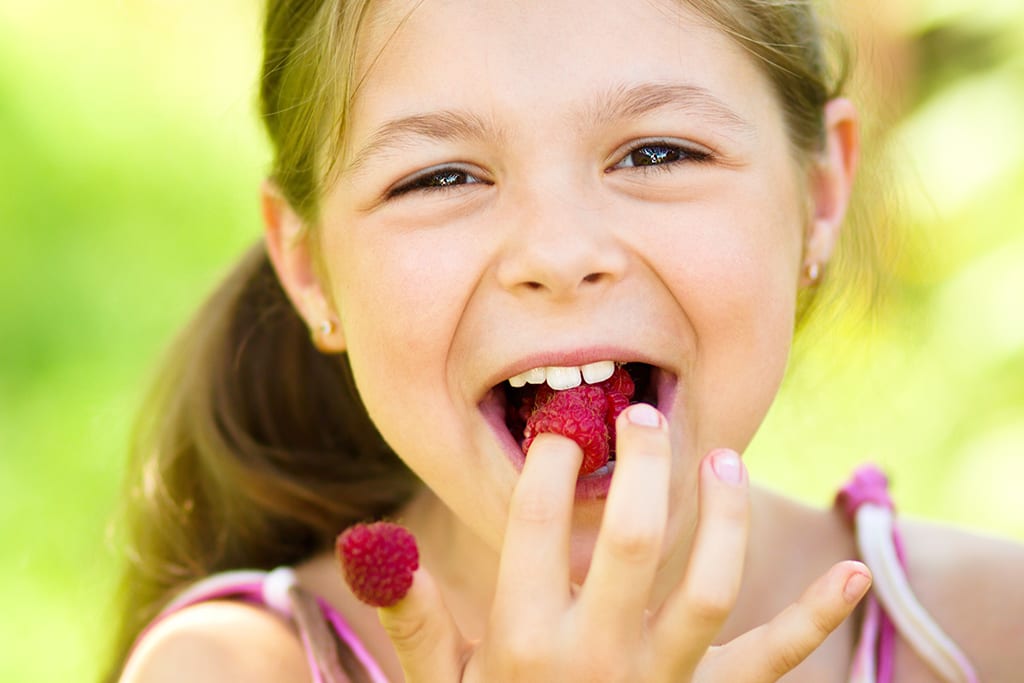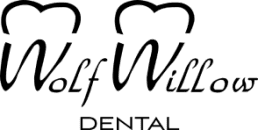
Teeth are important! No wonder most of us take a really good care of them. Brushing, flossing, scraping our tongue, using mouthwash, we do a lot. Our mouth might very well be the part of our body we take the most care of and yet tooth decay and gum disease are still some of the most prevalent diseases in the world. How come? The answer might hide in the fridge!
Surprising or not, the difference between a healthy smile and frequent visits to the dentist might be your diet. Even if you have a perfect oral hygiene routine, it might be hard to keep your teeth healthy, if you don’t watch what you eat.
Too often, we see food as being only the villain when it comes to oral health. After all, it’s sugars and acids from food and drinks that do most of the damage to our teeth. However, there are many types of food that not only don’t harm your teeth as much but can even give a big boost to your oral health.
From preventing cavities and periodontal disease to even freshening your breath and whitening your teeth, the foods on this list can match the claims of the fanciest toothpaste and mouthwashes on the market. Most of them are actually pretty tasty as well, so take out your shopping list and get ready to add some teeth-friendly goodies.
How some foods help your teeth and gums stay healthy
Your teeth and gums are a part of your body, and as every other part, need good nutrition to function properly. Specific nutrients are most beneficial for different parts of your body, so let’s see which are the most crucial elements for healthy teeth and gums.
Foods rich in calcium and phosphorous
Tooth enamel is, well, minerals. Different acidic foods and drinks may cause erosion of the enamel, so to make your teeth strong again you need to put some minerals back and try to restore what is lost. The main heroes here are calcium and phosphorous. These elements are the building blocks of enamel and consuming foods rich in them is a necessity if you want to keep your teeth strong and healthy.
- Best sources (calcium) – yogurt, cheese (hard, aged), seafood, milk (low-fat), tofu, almonds
- Best sources (phosphorous) – pumpkin seeds, fish, Brazil nuts, red meat, eggs, tofu, broth
Firm, crunchy foods high in water
Hard, crunchy foods that contain lots of water are great for your teeth more than one way. First, chewing produces more saliva, which is the best natural neutralizer of the bacteria that causes cavities. Second, the texture of these foods also makes them naturally abrasive, so they gently scrub and clean teeth surfaces, removing plaque and food particles. It has to be raw fruits and vegetable though, so this is not an excuse to munch on chips and crackers.
- Best options: celery, apples, cucumbers, carrots
Foods rich in vitamin D
Vitamin D is crucial for your overall health, but it’s really important if you want healthy teeth as well. The main reason is it helps your body to absorb calcium better.
- Best sources: sunlight (You can’t eat sunlight, but it still is the best natural source of Vitamin D), fish, egg yolks, cod liver oil
Foods rich in vitamin C
Vitamin C is powerful! It can strengthen blood vessels and reduce inflammation, which may help your gums stay healthier. Vitamin C is also required for the production of collagen, a key protein that helps you fight periodontal disease. Without Vitamin C, your gums become sensitive and more susceptible to the bacteria causing periodontal disease.
- Best sources: bell peppers, oranges, kiwi, strawberries, broccoli, kale
Foods rich in antioxidants
When it comes to their health benefits, antioxidants have almost celebrity status. How do they help your mouth stay healthy? Antioxidants fight the bacteria that cause inflammation and periodontal disease. They help protect gums and other tissues from cell damage and bacterial infection.
- Best sources: apples, berries, grapes, raisins, nuts, beans
Foods containing probiotics
When it comes to bacteria in your body, there are tons of both good and bad bacteria. Probiotics are some of the best ones. More research is needed here, but there is already some evidence that probiotics may help decrease plaque and promote healthy gums.
- Best sources: yogurt, kombucha, sauerkraut, miso, and other fermented foods
Foods rich in anthocyanins, arginine and polyphenols
There are many other elements that might be beneficial for oral health. More research is needed, but some of the most promising candidates are anthocyanins (which may prevent the attachment of plaque on the teeth and fight oral cancer), arginine (an important amino acid which may disrupt the formation of plaque and reduce chances of cavities) and polyphenols (which may slow the growth of bacteria leading to plaque, preventing gum disease, cavities and bad breath).
- Best sources (anthocyanins) – berries, grapes, cherries, plums, eggplant
- Best sources (arginine) – meat, soy, nuts
- Best sources (polyphenols) – tea (black and green), berries, flaxseed, cocoa

Leave A Comment
You must be logged in to post a comment.